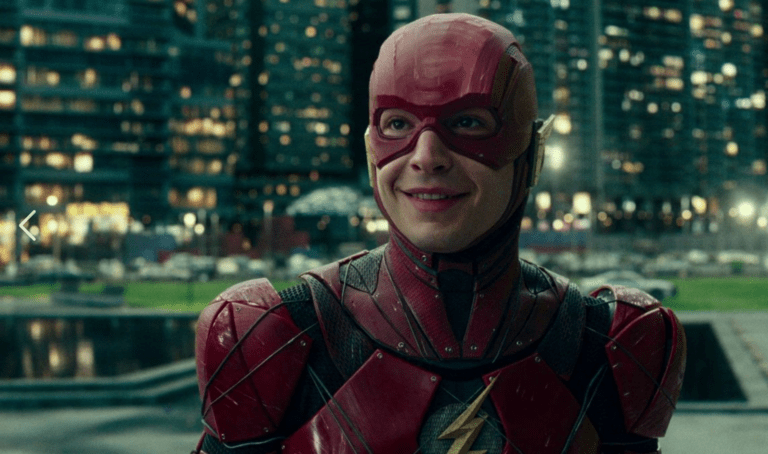
The Flash Movie Gets A Theatrical Release – That’s Understandable, But I Won’t Be Seeing It
Article by Kieran Burt
In a recent flurry of announcements, David Zaslav, CEO of Warner Bros. Discovery (WBD), has confirmed that The Flash movie will be releasing, despite Ezra Miller’s criminal antics. At the WBD Q2 earnings call, Zaslav said “ We have seen ‘The Flash’, ‘Black Adam’ and ‘Shazam 2’. We are very excited about them. We’ve seen them. We think they are terrific, and we think we can make them even better.” And, that’s understandable, for several reasons. The film’s cost, the effort this film took to make, and contracts with other actors all serve as key reasons why WBD can’t simply shelve this film, making it fundamentally different from Batgirl.
Firstly, is the cost of the film. The Flash has reportedly cost $200 million, and that’s before marketing costs are added onto it. Cancelling the film would mean that all of this money would go down the drain, and that would be a significant loss. As the money they have spent on it is significantly more than the $90 million WBD spent on Batgirl, it would be better to try and recoup this money theatrically. It should also be noted that because this film is going to cinemas, it has a higher chance of making its money back than Batgirl did, as Batgirl would have ended up on streaming and thus would have made no money at all.
Related to this, is the sheer amount of effort that’s been put into making the film. The Flash has been in some form of development for nearly a decade, going through numerous directors and delays. The project is now on its fifth director with Andrew Muschietti, and has been in some form of production since 2014, suffering several delays. Killing the film would not only mean the money would go to waste, but all of this effort will have been for nothing if it gets canned.
At some point, it’s easier to finish a project than to cancel it outright, and that’s the position WBD find themselves in with The Flash. To compare it to Batgirl again, that film (other than COVID-19) had no production issues, making it easy to cancel. This isn’t to devalue the effort gone into making Batgirl, merely to illustrate that compared to making The Flash, Batgirl was a walk in the park.
Let’s not forget that there are other actors in the film as well. Michael Keaton and Ben Affleck are set to reprise their roles as Batman, and many others are set to appear in the film. They likely will have clauses in their contracts stating this will be a theatrically released film, meaning if it makes a certain amount of money they will receive a % in bonuses. If WBD cancels the film or moves it to streaming, the actors may feel that they have reason to sue the decision, arguing that WBD intentionally harmed their earning potential.
Indeed, last year Scarlett Johanasson sued for a similar reason when Disney released Black Widow on streaming the same time as they released it in cinemas. The pair settled the suit with undisclosed terms, but it’s highly likely they Disney had to pay Johanasson millions. WBD simply can’t afford multiple suits from multiple actors right after cancelling a $200+ million dollar film. Even if the studio were to pay the actors a bonus straight after cancellation, thus avoiding actors suing them, it would still cost millions that they can’t afford.
This is perhaps the biggest difference as to why this situation is different from Batgirl. The reason why Batgirl could be cancelled is because WBD would owe everyone involved no bonus after putting the film onto streaming. The crew simply got a one time payment for making the film, which they would still receive even though the film has been cancelled. This also wouldn’t cost WBD any extra, as it would be factored into the budget of the film.
While WBD’s decision to still release The Flash theatrically is understandable – they have no other option – it doesn’t change the fact that many will boycott the film. Not only because of Ezra Miller’s actions – they are reprehensible – but also because of how the studio handled the crisis. The studio still hasn’t publicly condemned Miller’s actions, and their silence is deafening. David Zaslav seems to think that The Flash is a great film. That may be so, but I won’t be seeing it.



